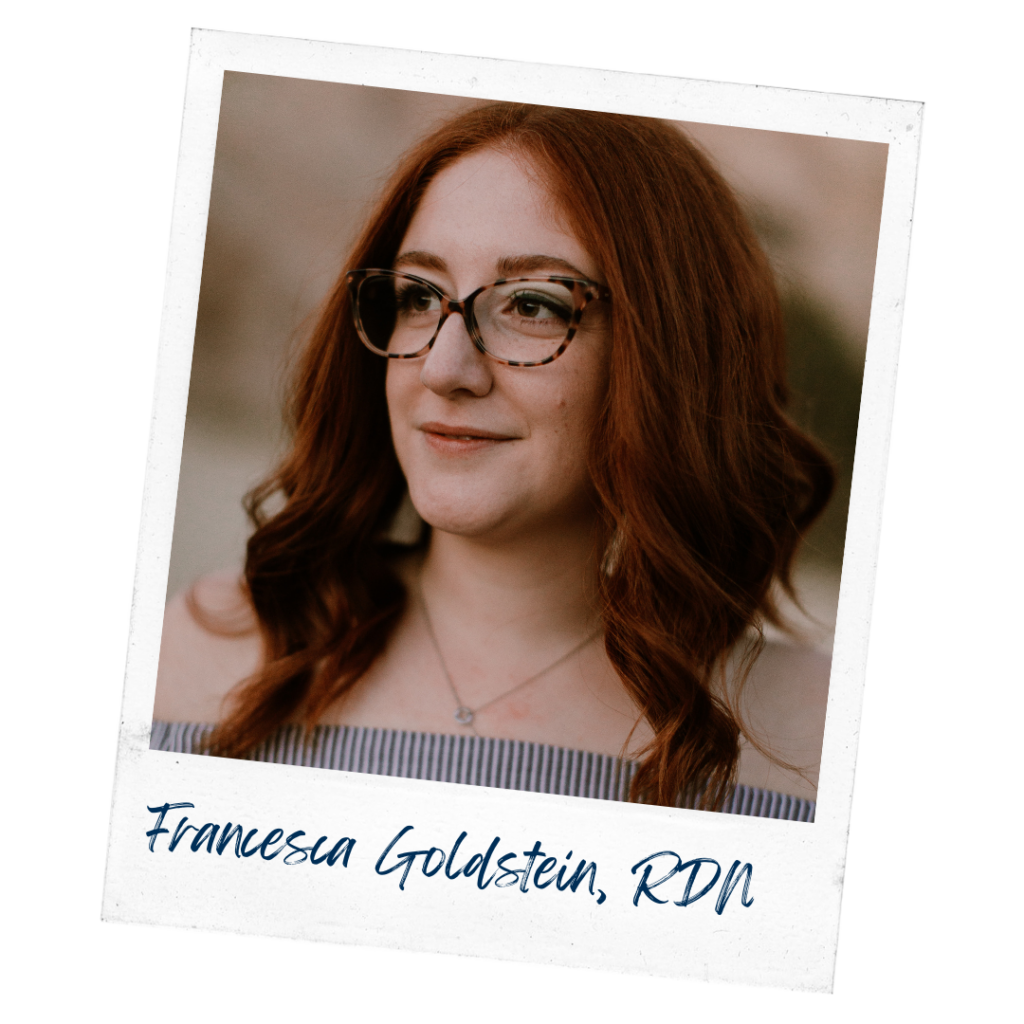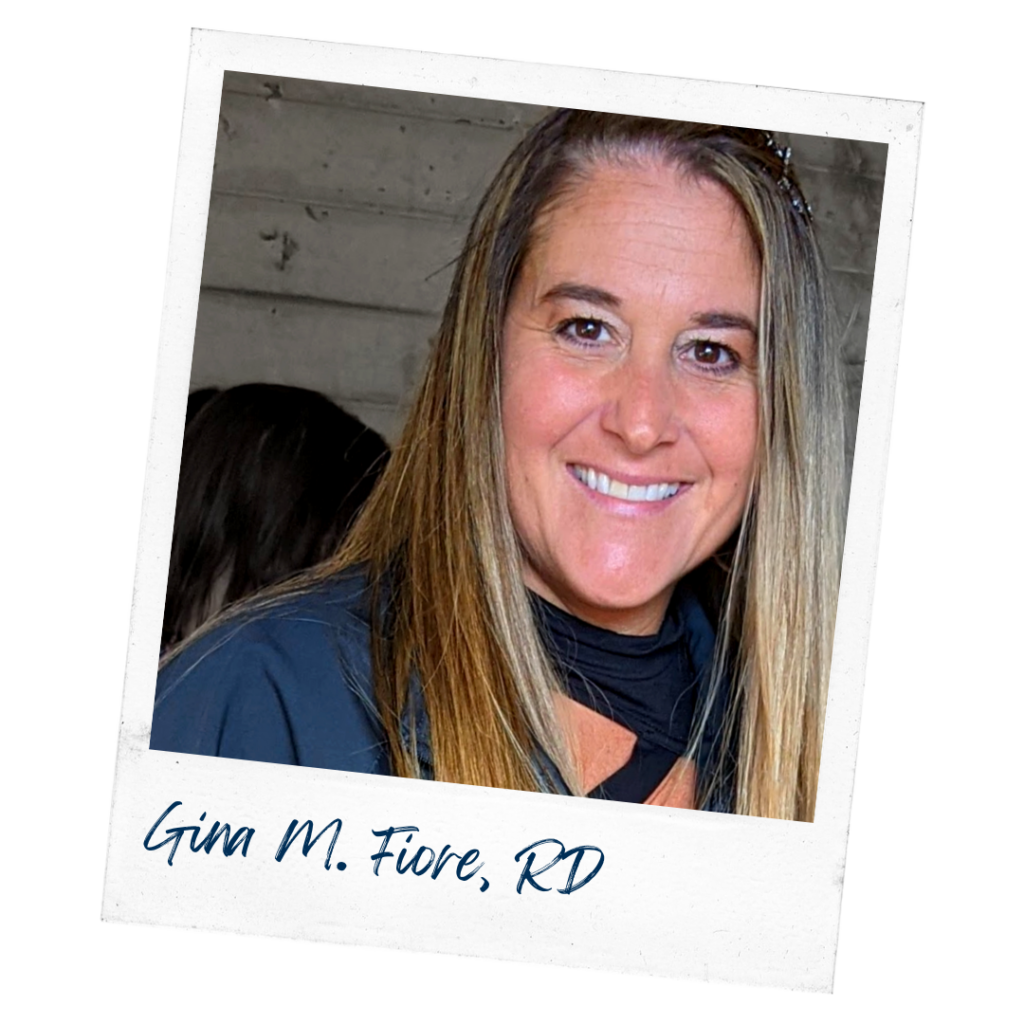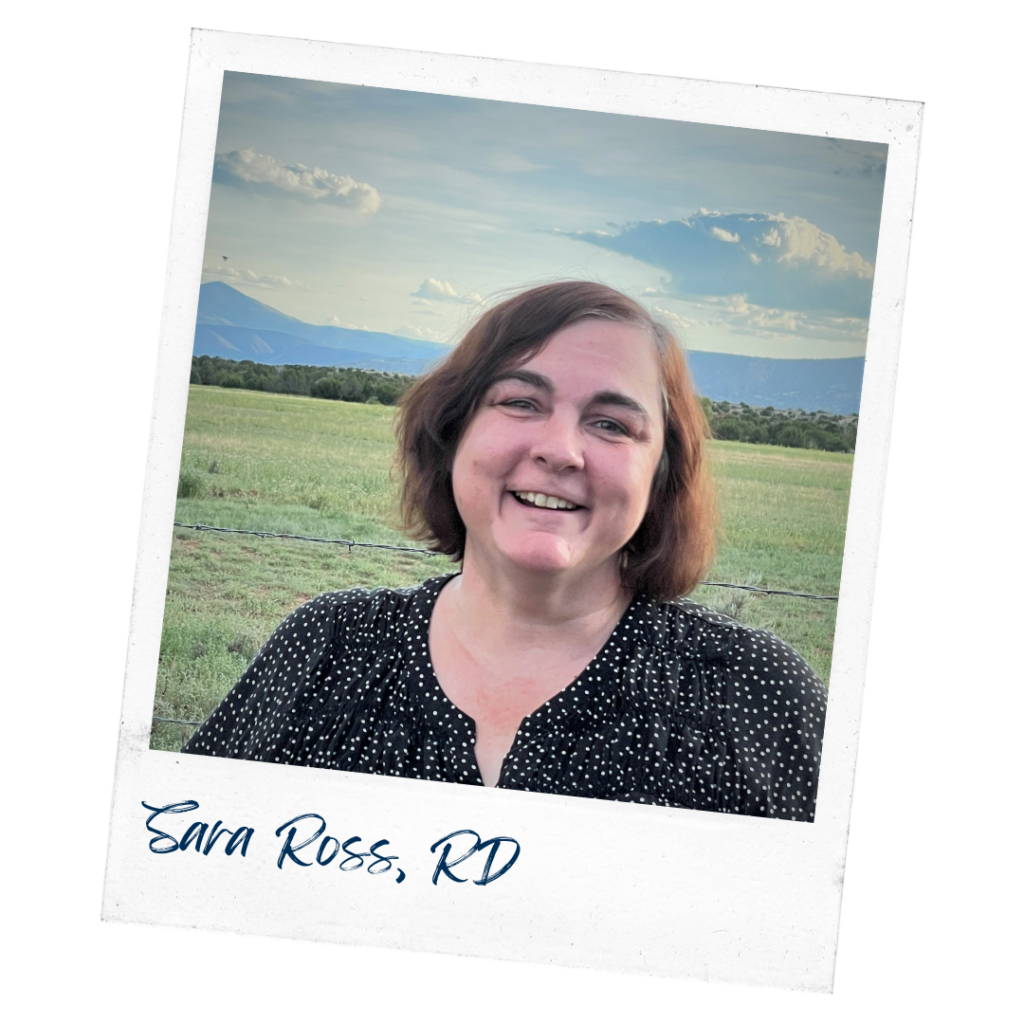Registered Dietitians: An Amenity for Facilities
Registered Dietitians (RDs) have become a staple in long-term care facilities. Their knowledge and experience are used not only to convey instructions between a doctor and a resident’s facility care team, but their expertise can help promote added nutrition to long-term health.
In most cases, an RD is required in long-term care facilities. However, all care communities, like independent and assisted living facilities, can benefit from taping into an RDs knowledge and experience as an amenity to residents. An RD can have a unique combination of wellness, acute care, long-term care, and management expertise, which would be a valuable asset to any team. Registered Dietitians can develop lunch-and-learn workshops to teach residents how to incorporate nutrients into their daily diet, guided cooking demonstrations, and even one-on-one consultations.
We asked three Registered Dietitians about their experience serving independent and assisted living communities, the unique advantages they bring to the role, and what facility leaders should know about adding RDs to their offerings.
Use the tabs on the left to discover the different perspectives and benefits of having a Registered Dietitian in an assisted living community.
Healthy Habits & Longevity
Francesca Goldstein
Director of Clinical Operations
California
Joined HCSG in December 2019
Registered Dietitians are knowledgeable in all areas of nutrition, including food safety and sanitation. The RD plays an integral role in identifying sanitation concerns within the kitchen to ensure the food served is safe. We visit assisted living facilities quarterly to assess and recommend changes to be implemented within their kitchens.
Gina Fiore
Director of Clinical Operations
Colorado
Joined HCSG in December 2014
RDs can provide insight into diet guidance related to numerous conditions, including but not limited to — diabetes, high blood pressure, high cholesterol, weight gain/loss, etc. These conditions are not exclusive to long-term care communities, so having a dietary expert in-house directly benefits residents and facility leaders. RDs can also support dining operations with menu development and food-related activities for the residents. For example, I do an annual unique fruit and vegetable tasting in the Spring.
Sara Ross
Lead Registered Dietitian
Texas
Joined HCSG in July 2021
Registered Dietitians can be involved with assisted living residents is conducting nutrition education sessions, followed by a question and answer session. It’s an excellent way to get to know the residents and hear their stories and viewpoints regarding nutrition and life. The bonus is the relationships and rapport that residents can develop through these sessions. Also, participating in monthly town hall meetings is a great way to listen to the residents’ concerns and suggestions regarding the food they are receiving at the facility. It’s not only beneficial for the residents to have this outlet, but it is also a key component to making sure residents enjoy their meals, as this is the first step toward good nutrition and overall health.
Sara Ross
Lead Registered Dietitian
Texas
Joined HCSG in July 2021
The role of a dietitian is complex, as we are educators, caregivers, and clinicians. Dietitians need to know and understand food systems and production, menu and recipe development, and the science behind nutrition and the human body. To truly be effective as a dietitian in an assisted living facility, it is important to extend empathy and compassion while empowering residents to make nutrition-based decisions through the knowledge and skills we share.
The main advantage is having someone within the facility who can guide the residents toward healthier eating habits to sustain longevity and overall health. This can either be done through one-on-one counseling or, as mentioned above, through group education sessions. A registered dietitian can help residents understand food and its connection to common diseases, including diabetes and heart disease, which afflict many of our residents. Another advantage is having someone who can support the chef with menu and recipe development geared toward older adults. While many chefs can create beautiful and nutritious menus, a dietitian’s expertise is often needed to help ensure residents are meeting their nutritional needs.
Interested in learning how Healthcare Services Group can elevate your assisted living facility’s nutrition? Visit HCSG.com/nutrition to learn more and connect with a team member.






